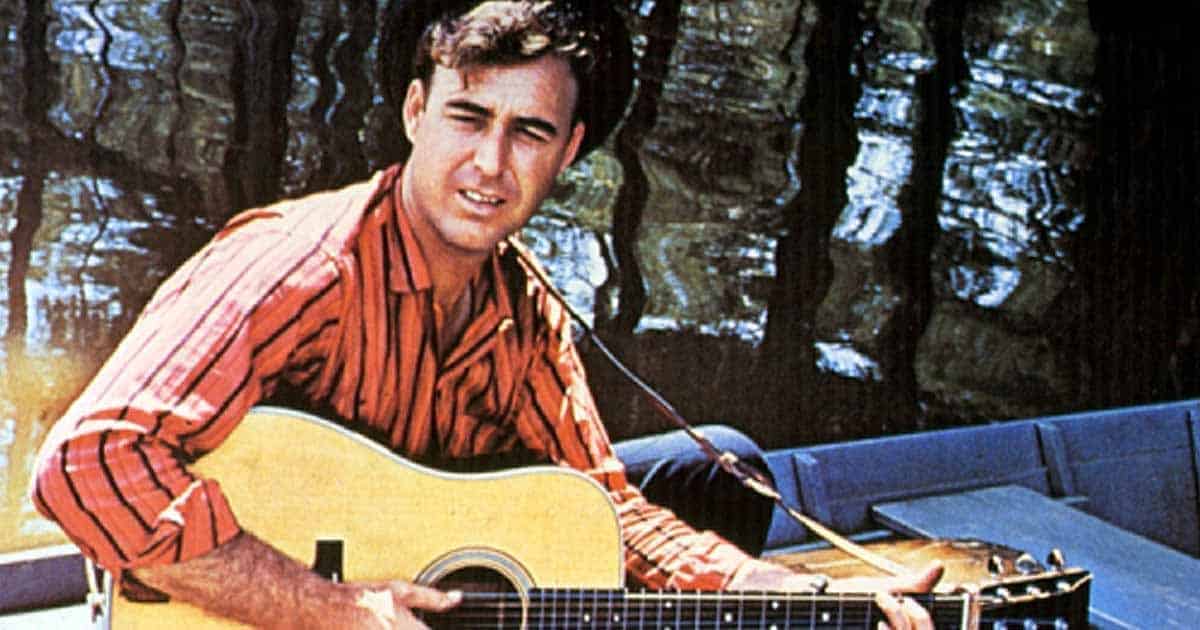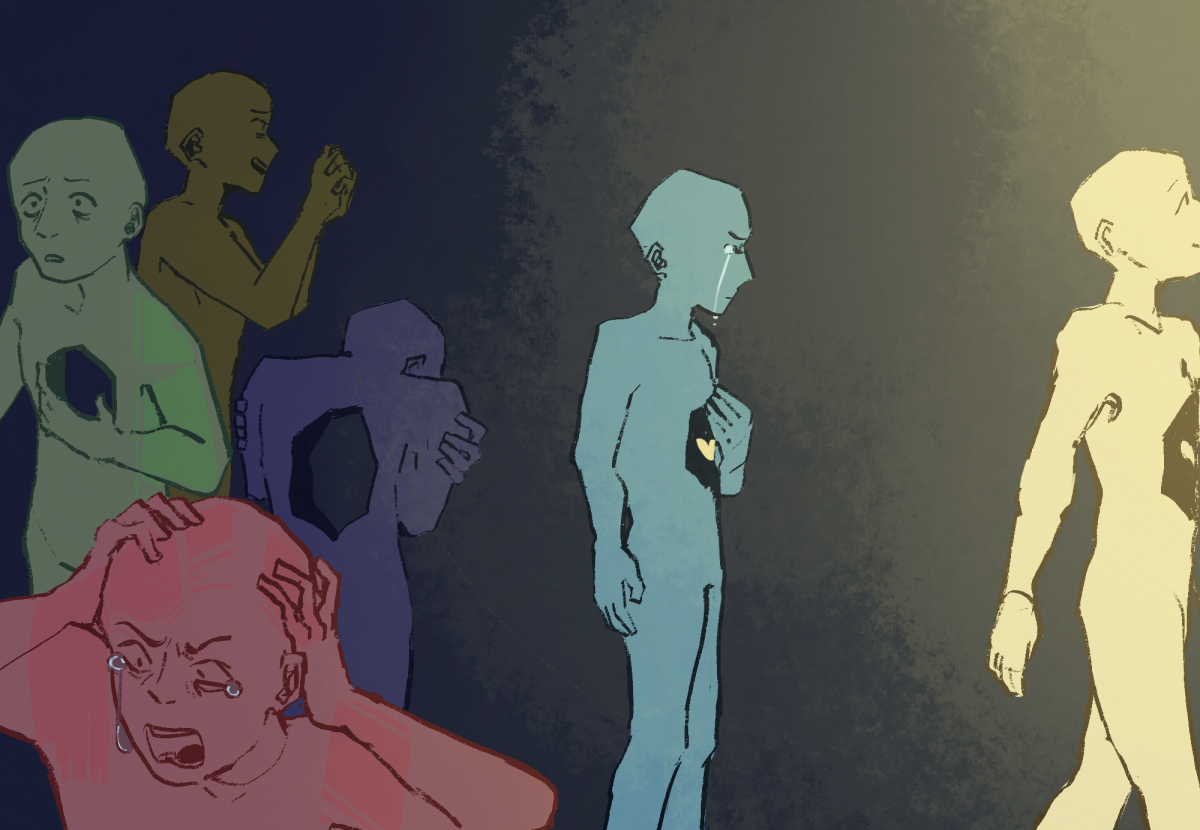April 30 marks the 100th birthday of famous country, western, honky-tonk and rockabilly musician, the late John R. Horton, more commonly referred to as Johnny Horton.
All across the country, people are planning celebrations to celebrate the centennial of this music icon’s birth, particularly in Texas, Louisiana and Tennessee, states that Horton had great significance to.
With this celebratory event occurring soon, I felt it would be good to explore Horton’s life and career, an artist who I came across during the start of the COVID-19 pandemic in 2020 and inspired my love of country music.
I believe that the music world has not given Horton the recognition he deserves, primarily due to his young age and his short career prior to his death.
Horton was born on April 30, 1925 in Los Angeles, Calif. to Ella Claudia Robinson and John Loly Horton. Horton would constantly move during his younger years between California and Texas with his parents while they attempted to find work during the Great Depression.
During this time, his mother taught him how to play the guitar, which would be a skill that would help him in his later years.
In 1948, after a short stint at Seattle University in studying geology, he headed to Alaska where he searched for gold. This endeavor later served as inspiration for two of his most well known songs “When It’s Springtime in Alaska (It’s Forty Below)” (1959) and “North to Alaska” (1960).
Horton married twice, first to Donna Cook for less then a year. Then on Sept. 26, 1953, he married his second wife, Billie Jean Jones, to whom he remained married until his passing in November of 1960.
However, tragedy would strike the country music world when on the nights of Nov. 4–5, 1960, Horton alongside his colleague Tommy Tomlinson and manager Tillman Franks were driving from a show at the Skyline Club in Austin, Texas when they collided with an oncoming truck on a bridge near Milano in Milam County, Texas.
Everyone in the crash suffered injuries. Tomlinson was seriously injured, requiring his leg to later be amputated. Franks suffered head injuries while James Davis, the driver of the truck, sustained a broken ankle and other minor injuries.
Horton was pronounced dead on the way to the hospital at the young age of 35. His final words would be “You know, Tillman, the Lord’s been real good to me this year” just prior to the crash. His death sent shock waves throughout the music world, as many musicians offered their condolences to Horton’s widow.
The late country star Johnny Cash, a dear friend of Horton, later wrote in his 2003 autobiography “Cash: The Autobiography” that when he learned of the accident and Horton’s subsequent passing, he “locked (him)self in one of the hotel’s barrooms and cried.”
It has now been 100 years since Horton’s birth and almost 65 years since his passing, yet despite his contributions to the world of country and western music, he has yet to be recognized for his efforts by either the Country Music Hall of Fame in Nashville, Tenn. nor the Western Music Hall of Fame in Coppell, Texas as an inductee.
Both Cash in 1980 and Hank Williams as a member of the inaugural class of 1961 have been added to the Nashville Country Music Hall of Fame, as well as Cash being a member of the 2013 inductees of the Western Music Hall of Fame. Horton is the first of the three to be inducted into the Texas Country Music Hall of Fame, becoming a member of the 2025 inductees alongside the members of the Grammy-winning swing band Asleep at the Wheel.
The only list that Cash, Horton and Williams share a spot on is the Rockabilly Hall of Fame in Nashville, which is an embarrassment for both the Country and Western Music hall of fames as both of these organizations are meant to recognize the members of the industry who have made the greatest contributions toward their individual genres of music.
Horton’s absence from their lists indicates a disrespect and a stain on his legacy and ignores the hard work that he put toward the country and western music scenes. It shows that, despite the many calls from fans of Horton’s music, these organizations do not consider him a true part of their individual music genres.
I, alongside many other country and western music fans, hope one day to see Horton added as an inductee on both of these lists and gain the recognition that he so rightfully deserves in these fields.
You can find a playlist of what I feel is Horton’s greatest hits here. I hope it illustrates why he should be recognized for his works to the music world.






